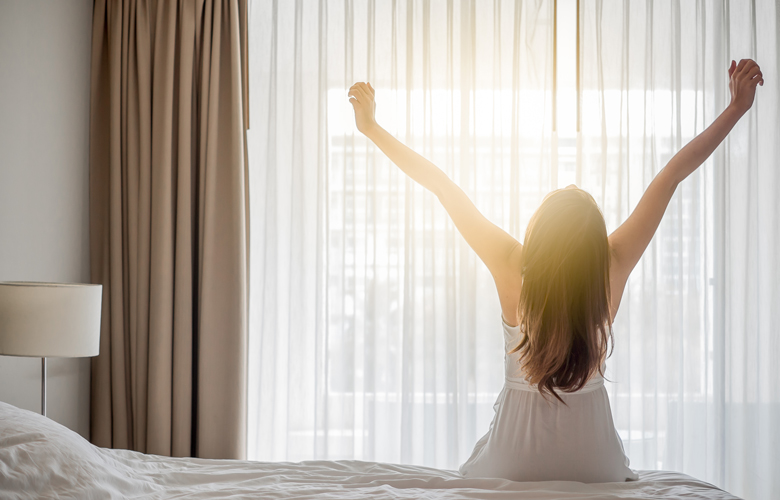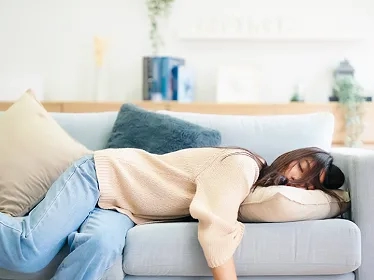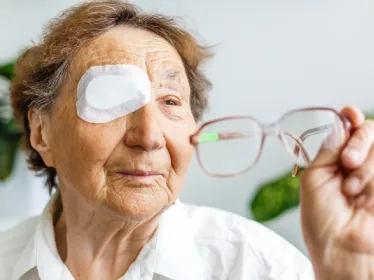
Do you have trouble falling asleep, wake up frequently at night or get inadequate shut-eye?
According to SingHealth, four in 10 Singaporeans get less than the recommended seven hours of sleep per night on weekdays. In a 2016 study published by the American Association for the Advancement of Science, Singaporeans get less sleep than the Japanese and Brazilians.
Causes of insomnia
A change in environment, excessive noise and jet lag are some causes of insomnia. Correcting these factors will usually help to promote better sleep. Pressure from school, work, or relationship issues can also affect one's quality of sleep. However, for some individuals, persistent or overwhelming stress can lead to chronic insomnia.
Chronic insomnia that lasts for more than a few weeks can be due to psychiatric conditions such as depression and anxiety disorder. Depression is a mood disorder that causes one to be in a constant state of negativity for a prolonged period. As for anxiety disorders, they are characterised by chronic and excessive anxiety and worry. Some people who tend to be overly anxious may also have panic attacks or persistent bodily complaints which can affect sleep.
Some individuals suffering from chronic insomnia may attempt to self-medicate by consuming alcohol or cough syrup. This will not only worsen sleeping patterns, but also affect their physical health and create addiction problems. Substances such as alcohol are readily available. Patients have the potential to become overly dependent on these substances to sleep. Although these substances appear to help induce sleep, they can also disrupt sleep later on. Chronic use of alcohol over a prolonged period can also cause medical problems such as liver damage.
Seek professional advice
The treatment of insomnia should be aimed at addressing the psychiatric condition rather than the symptom of insomnia. This comprises treating the psychiatric conditions, sleep hygiene and medication. We will first assess the patient to understand the nature of their insomnia, and elicit evidence of symptoms that might suggest a psychiatric condition, such as anxiety and depression. If the patient is found to have depression or an anxiety disorder, anti-depressants or anti-anxiety medication may be prescribed to alleviate the symptoms, and this will allow the patient to have adequate sleep.




